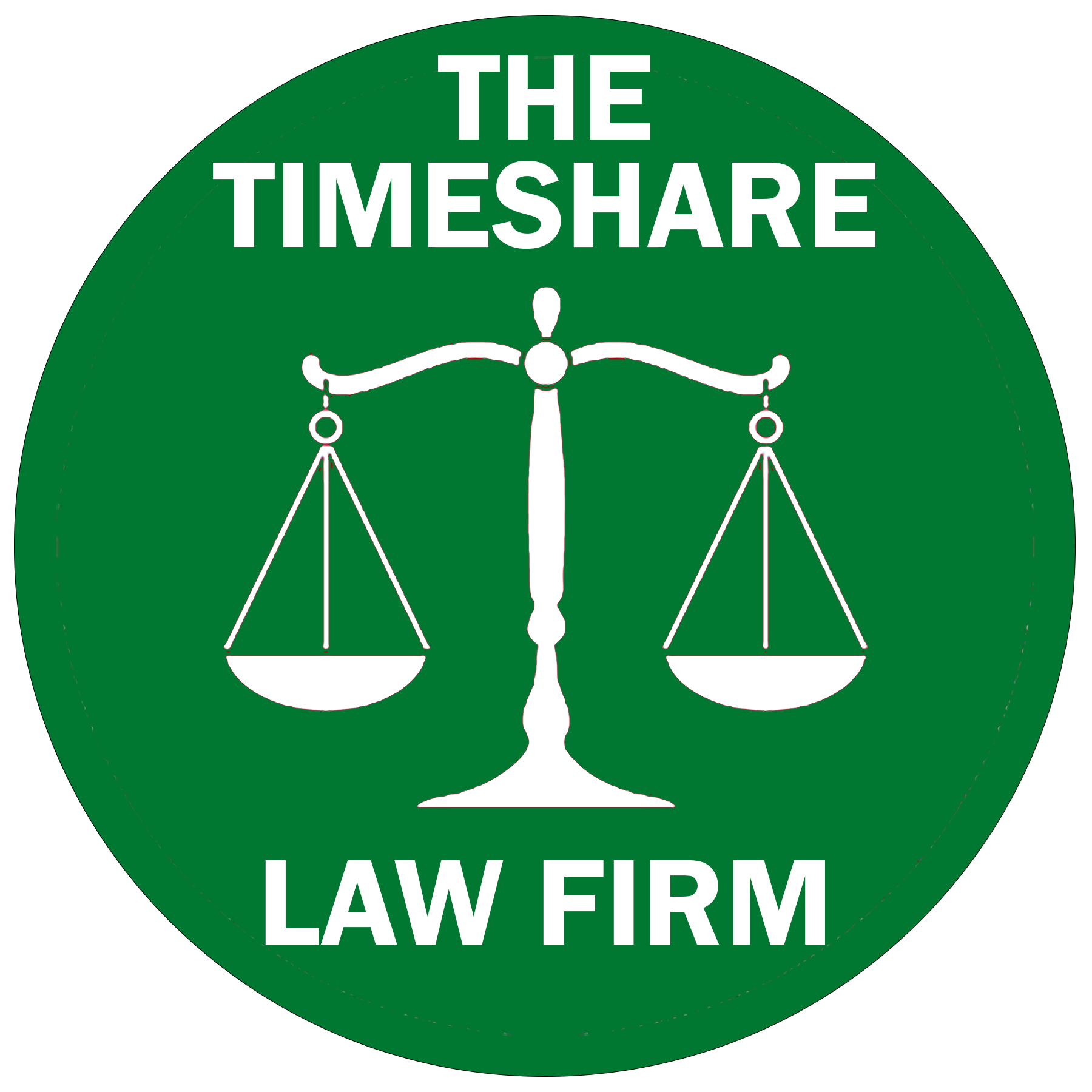The SEC published a warning from the FBI. Scammers are targeting owners of timeshares in Mexico. The scammers pretend they are working on behalf of a brokerage firm, travel agency, or even an escrow agent. Scammers claim they will buy your timeshare or claim you are entitled to stock in connection with your timeshare. The scammers will then say you must pay a fee or tax to put the money in your name. They will take your money but do nothing. When you start getting suspicious, they will switch up their act. Then another salesperson you haven’t met will pretend to be part of the government and claim to help recover your money for another fee.
This is a form of a scam called an “advance-fee scam.” The scam works by telling the victim they are entitled to money or stock, but they must pay a fee or tax to get it. Fraudsters running this scam often target investors who have previously lost money in bad investments. This is probably why they have begun targeting timeshare owners. Timeshares are often advertised as an investment. In truth, they have a bank zero value. To learn more about the lies of timeshares, Click here. Lack of knowledge is not the only factor for why these scams are so prevalent, it is also due to the demographics of timeshare owners.
These scams are so effective because timeshares and scammers often target the same group, Elders. According to an article by PubMed Central, one of every 18 Elders will be a victim of fraud. This is due to having a greater susceptibility to scams. The prime demographic for timeshares is Elders making them a perfect target for these types of advance-fee scams. The study also says there is no knowledge of the scope of this issue. Meaning it will be difficult to coordinate efforts toward the prevention of these scams. In the meantime, The SEC has a list of tactics for dealing with these kinds of scammers.
- Be suspicious of any unsolicited offers that are “too good to be true”
- You should contact your timeshare resort. They may be aware of this scam and have the resources to help you.
- Be extremely cautious if they ask you to wire money upfront, especially internationally, because it is often difficult or impossible to get back.
- High-pressure tactics are often indications of a scam.
- If someone offers to act as a Real Estate Broker, you can check if the person or firm is registered with the SEC.
- Scammers will assume the identities of real brokers, so verify the person who is contacting you has the same contact information listed on their website.
- Scammers will often use the identities of real people to trick their victims. So always check their website to validate the contact information you received is the same as what is listed.
- Hire your lawyer to review the transaction and contract associated with your timeshare.
- There is no such thing as a “special permit” from the SEC. If they claim to have one, that is a big red flag.
- Educate yourself on these scams. Scammers are trying to leverage your lack of knowledge.
We would also like to add a few things to the SEC’s list:
- Consumer Protection Attorneys can provide legal advisement (often for free).
- Arello can add Another clean resource for Real Estate Brokers (since 1930) that verifies that their Licensure is genuine and real.
- We also have tips to verify Licensure through the licensing authority in your state.
For more information, Read the SEC article here. If you have been a victim of this scam, you should file a complaint with the FBI’s Internet Crime Complaint Center.
The SEC’s warning is not to be taken lightly. If you get an unsolicited offer for your timeshare (abroad or in the US), you should be wary of the proposition. Follow the SEC guidelines and NEVER hand over money before doing your research.



Comments are closed